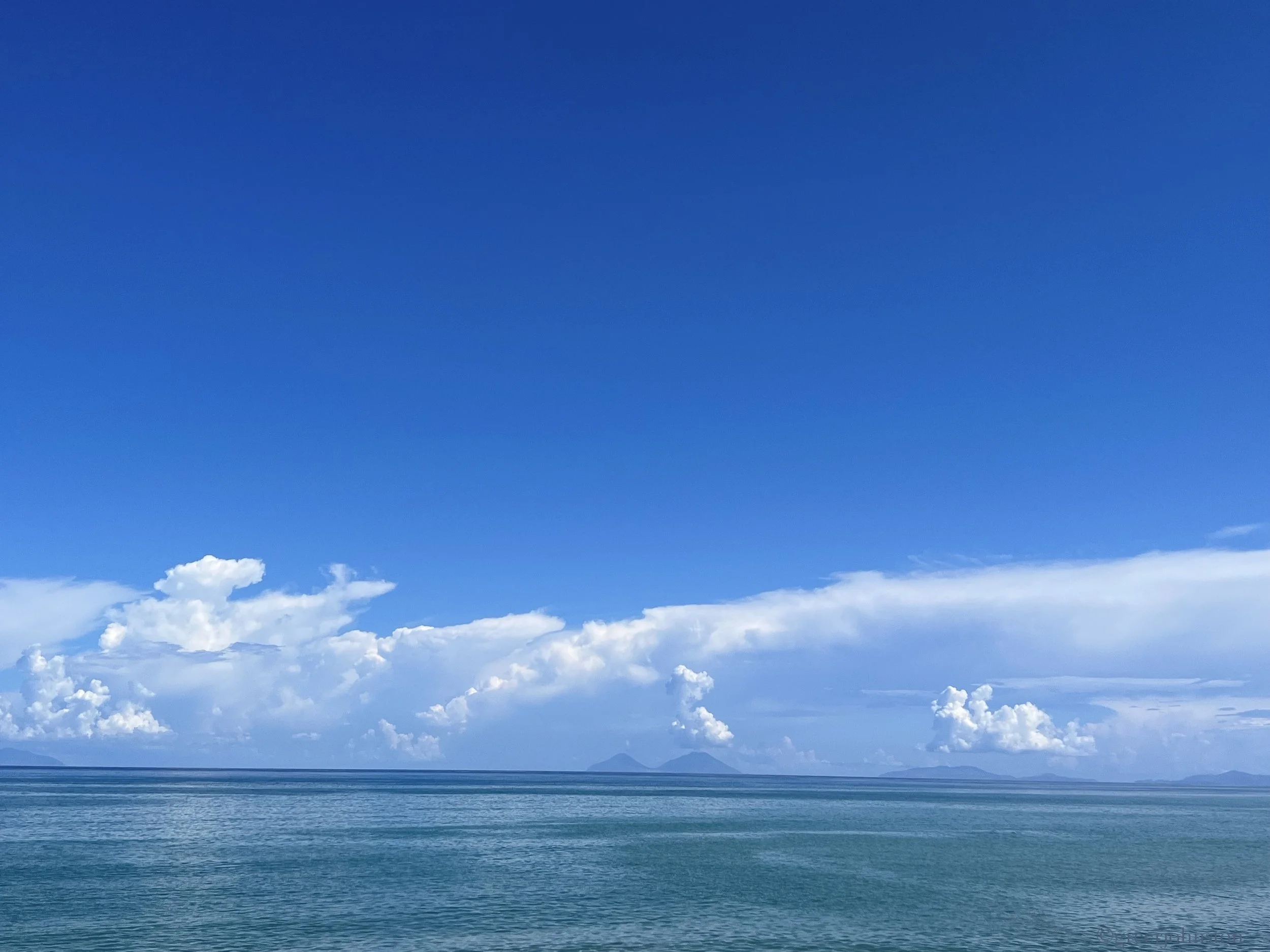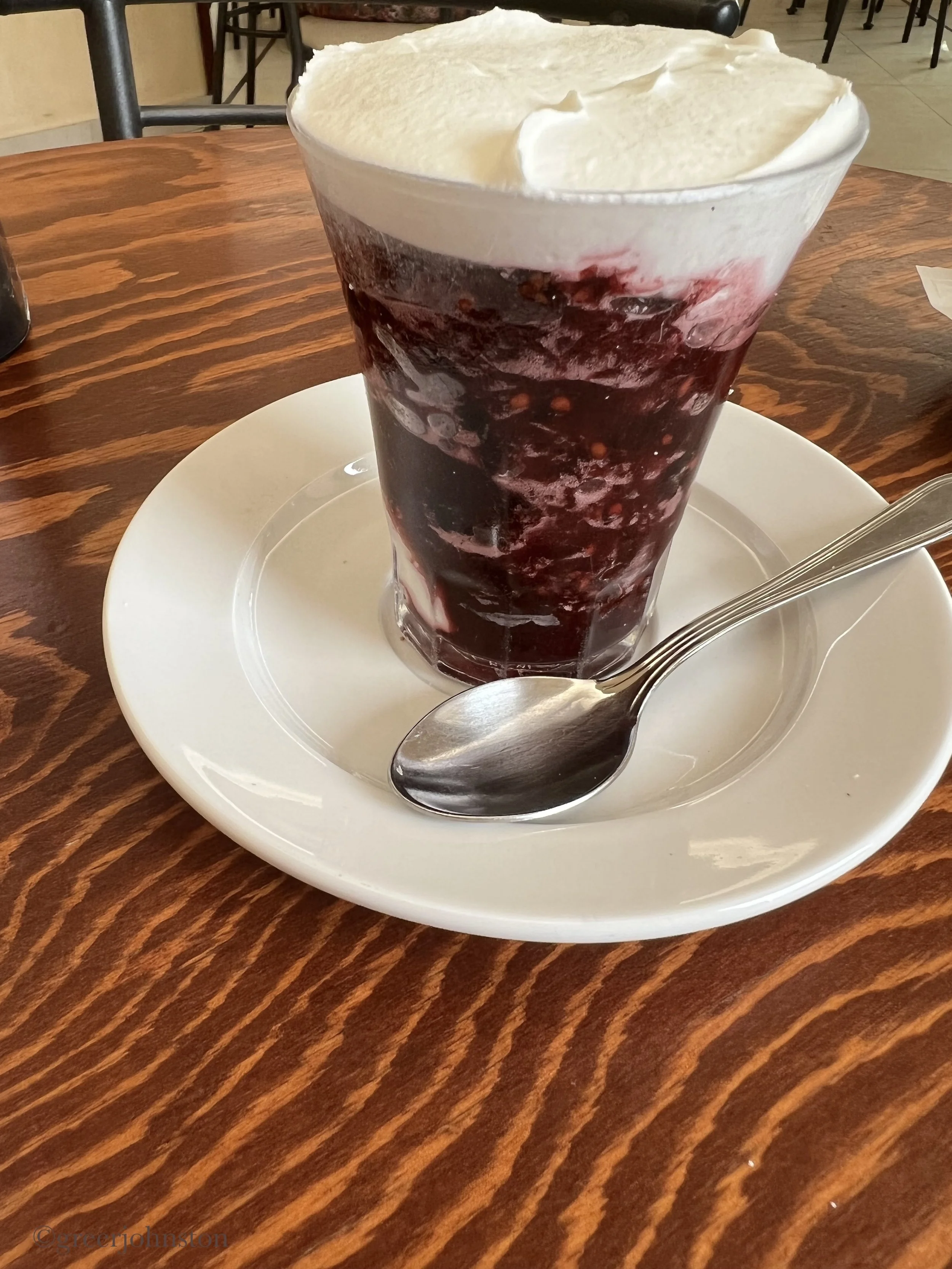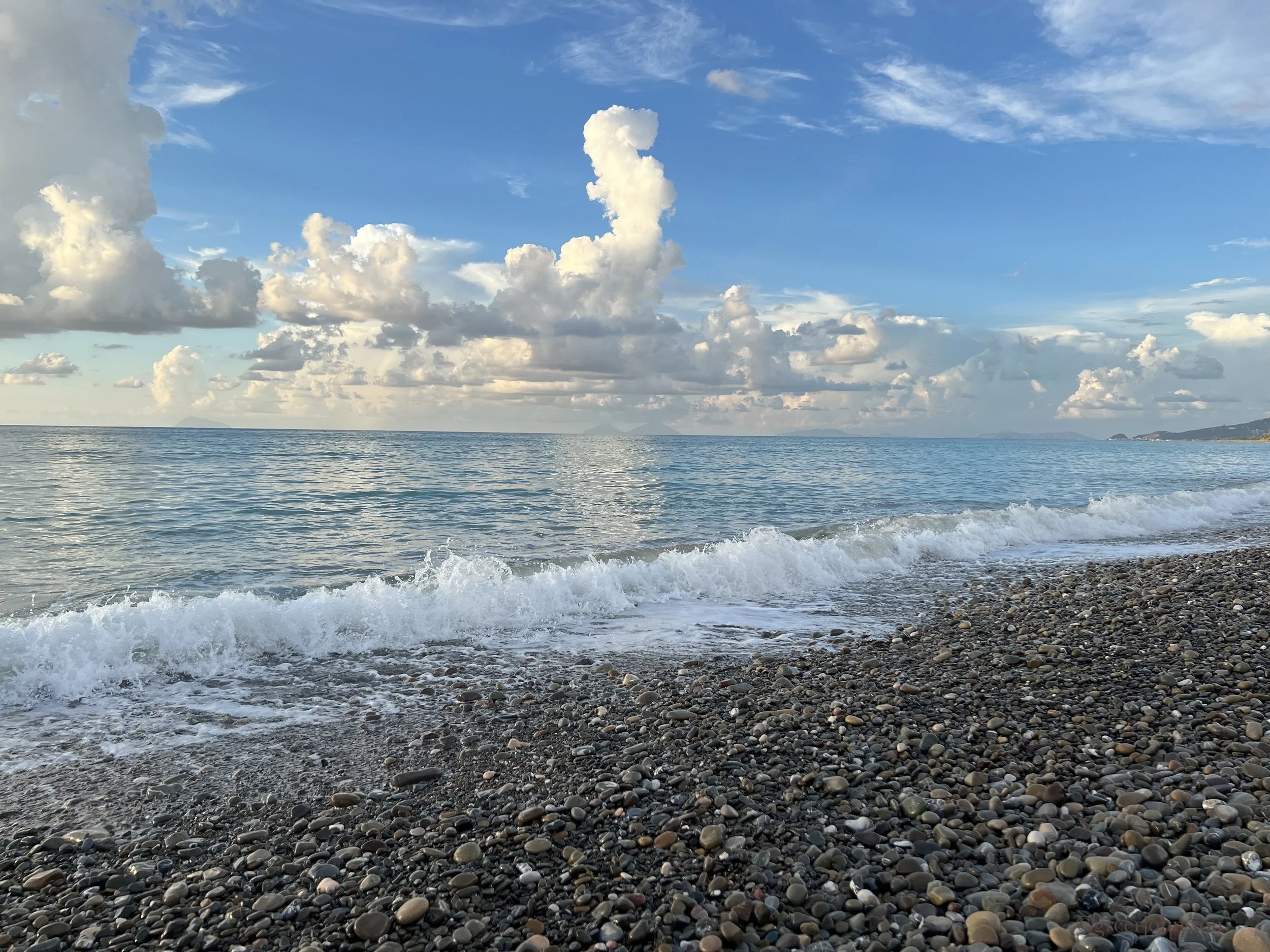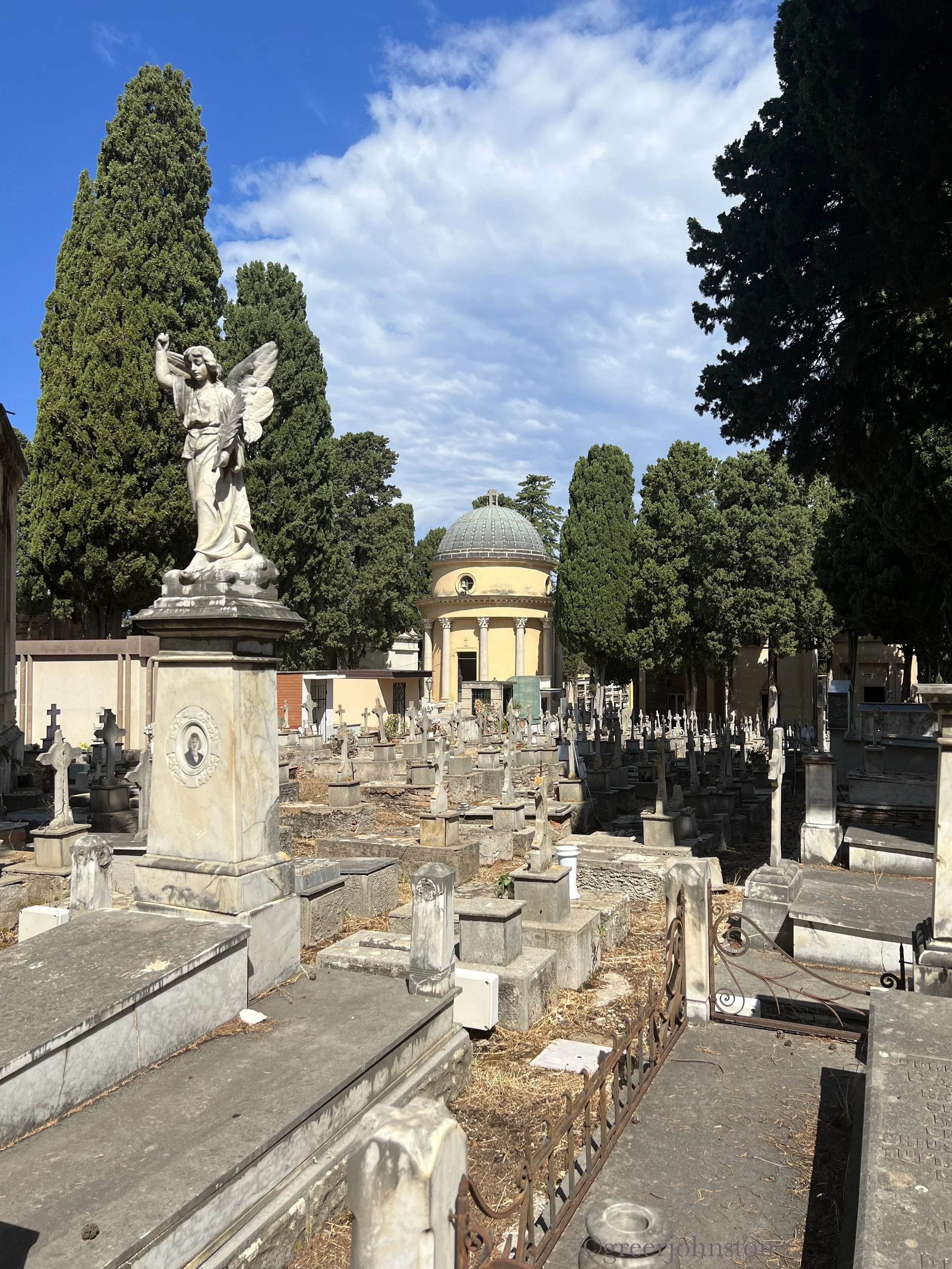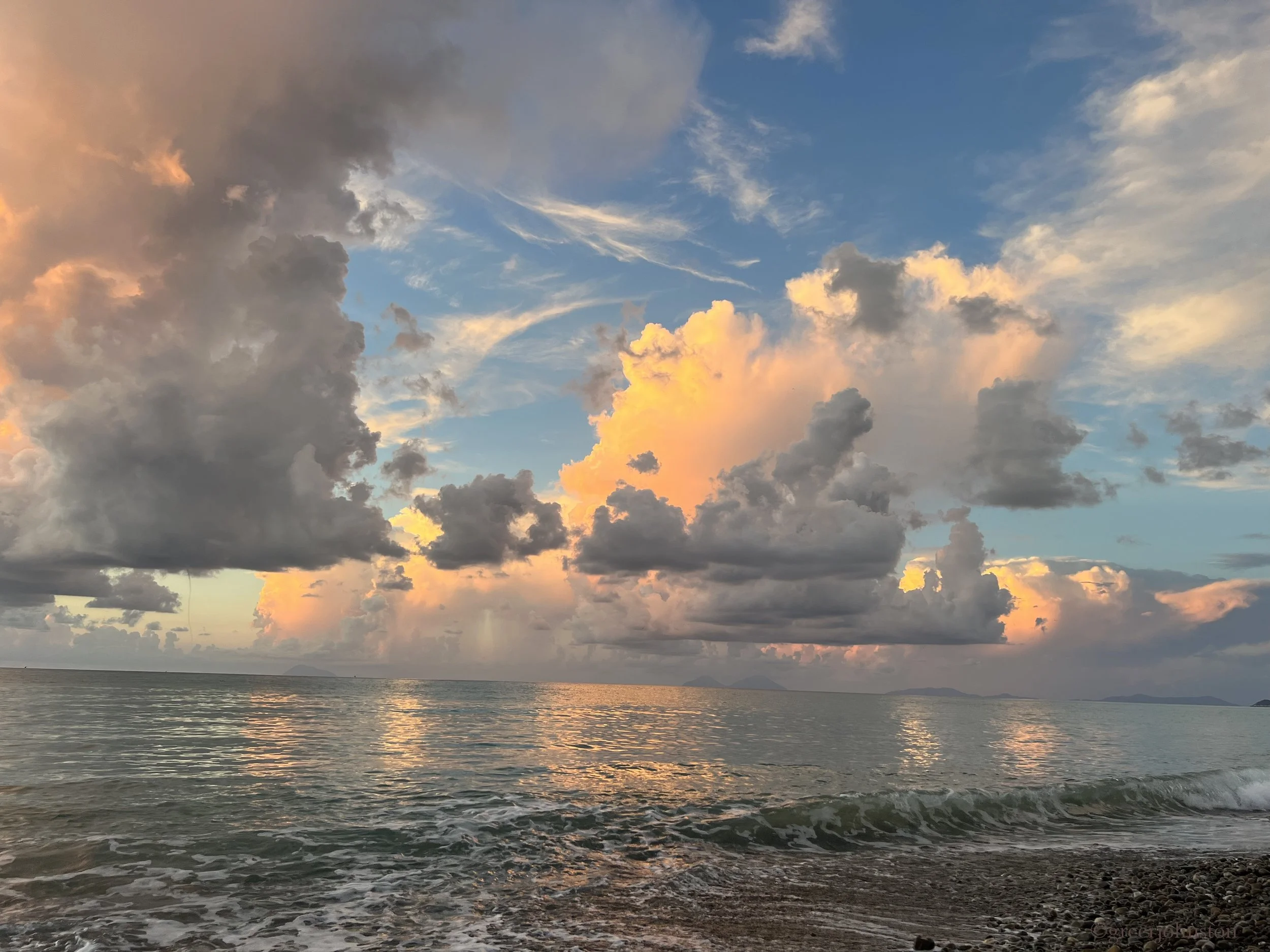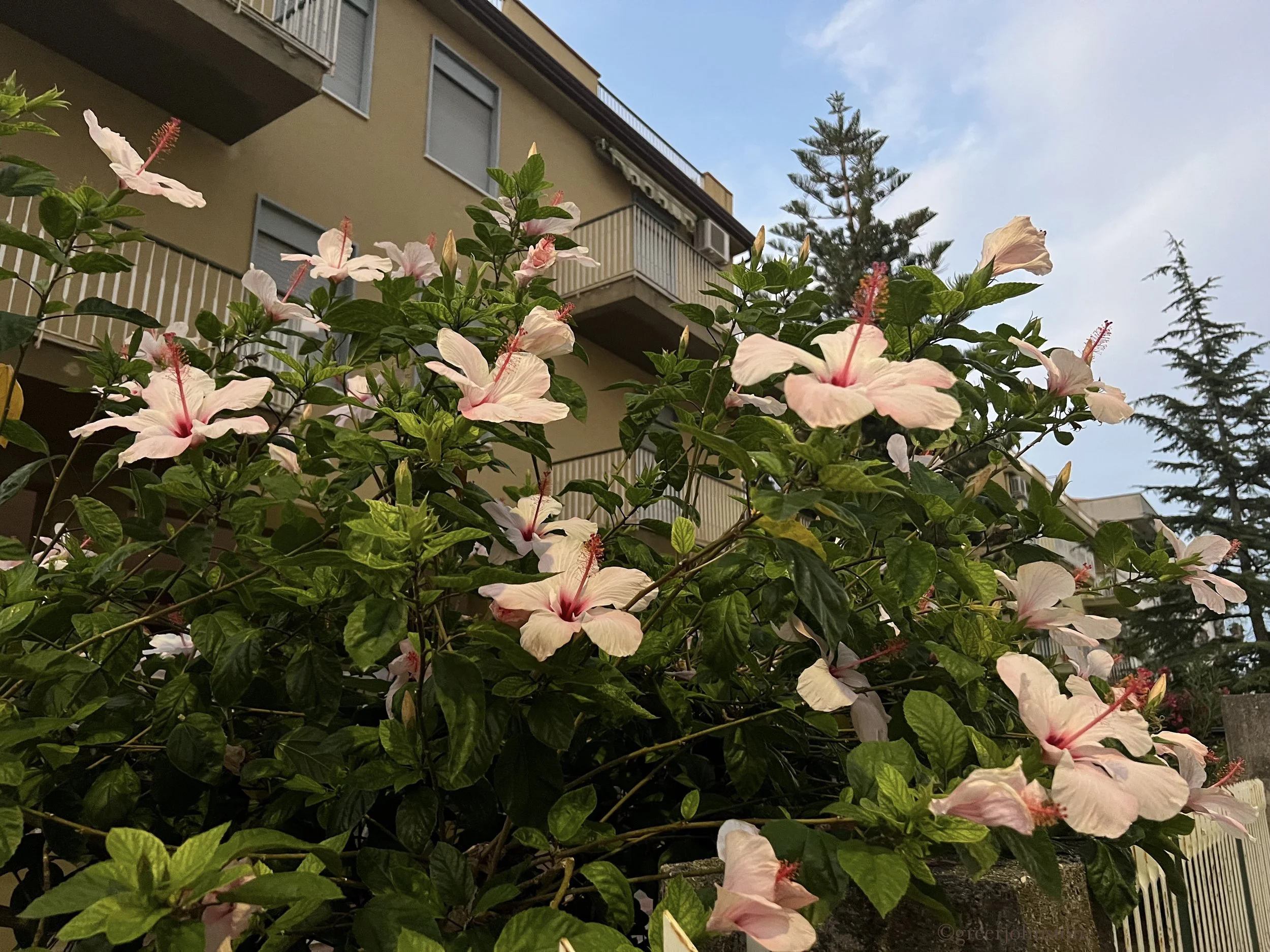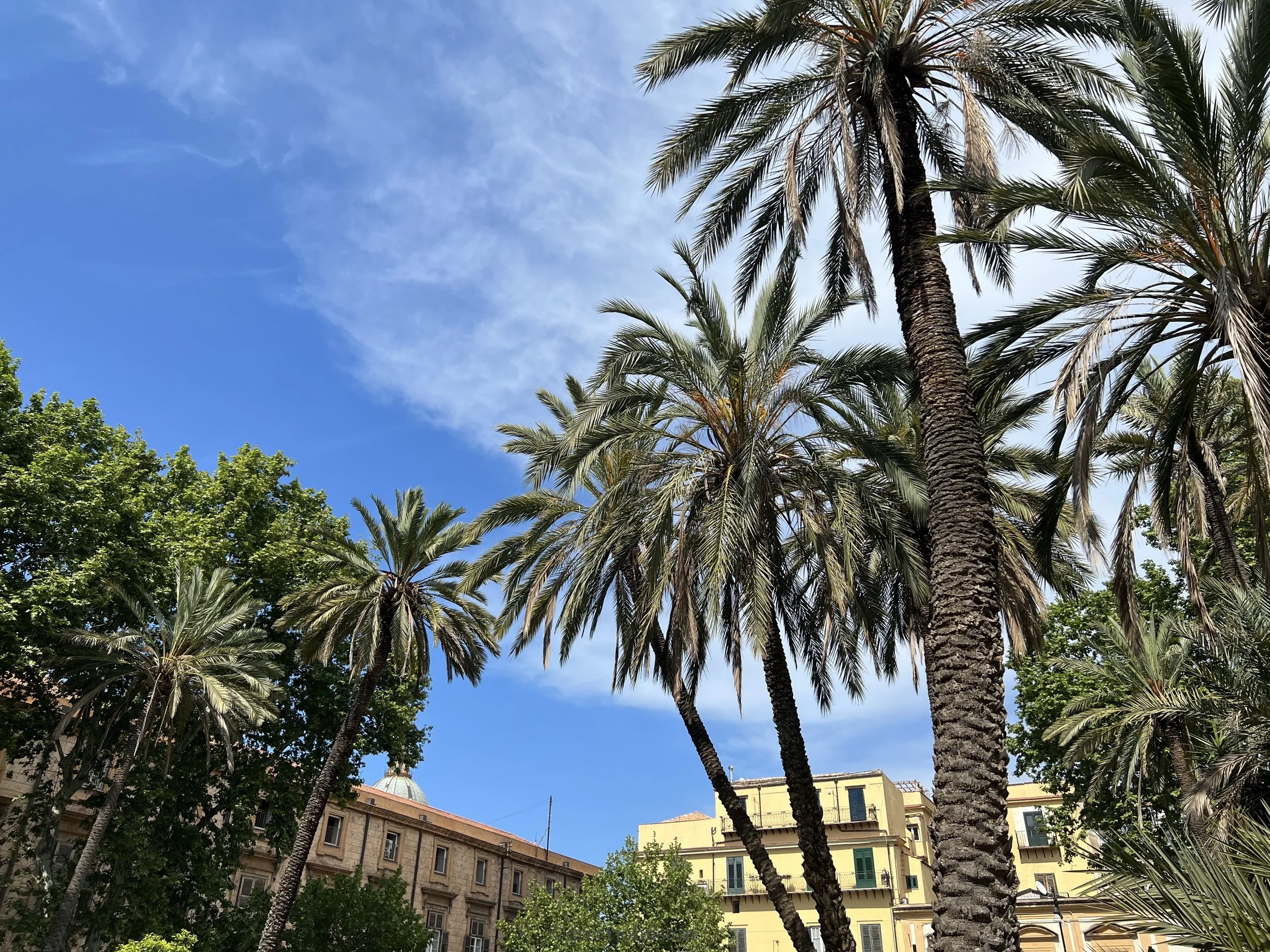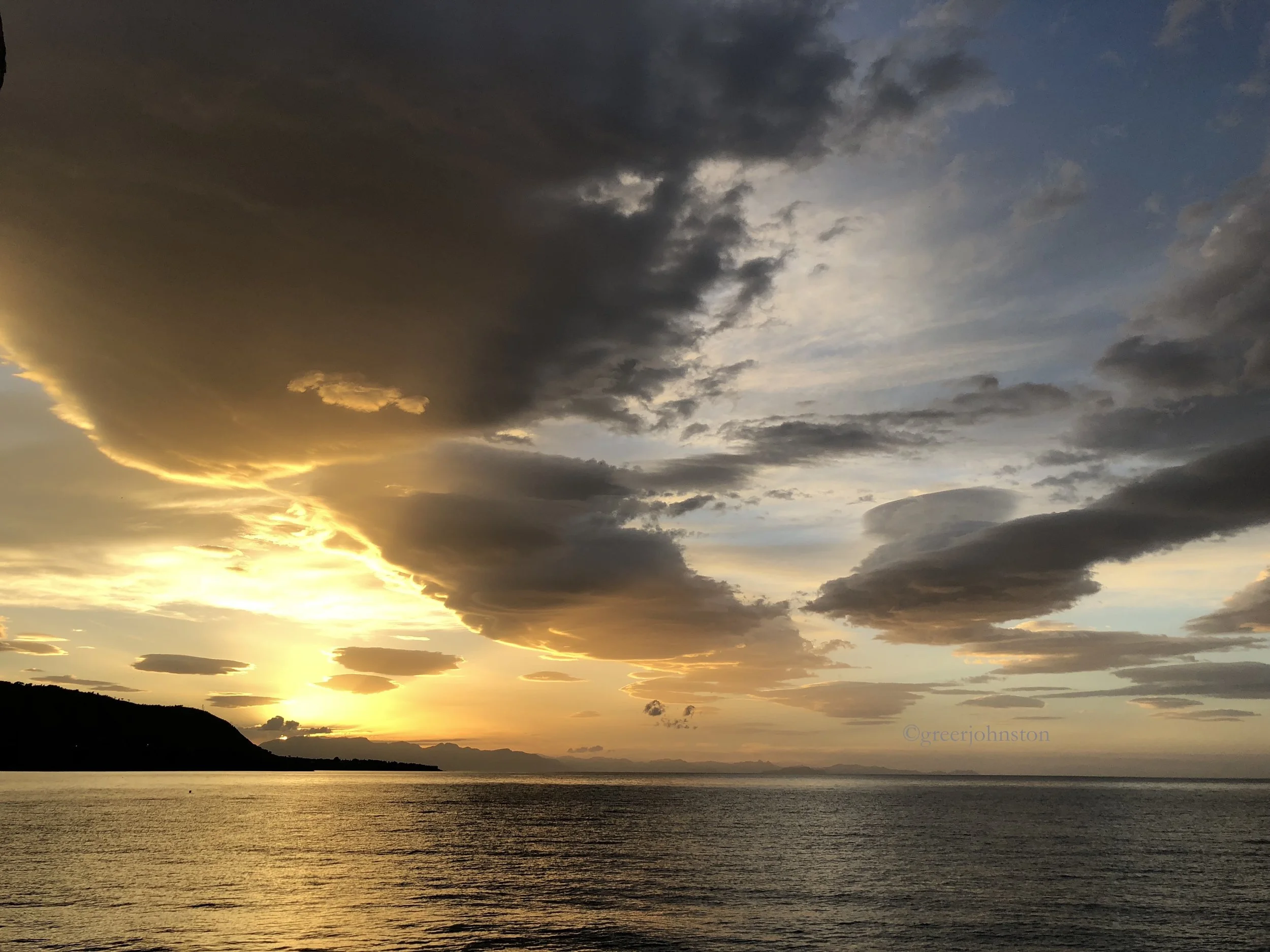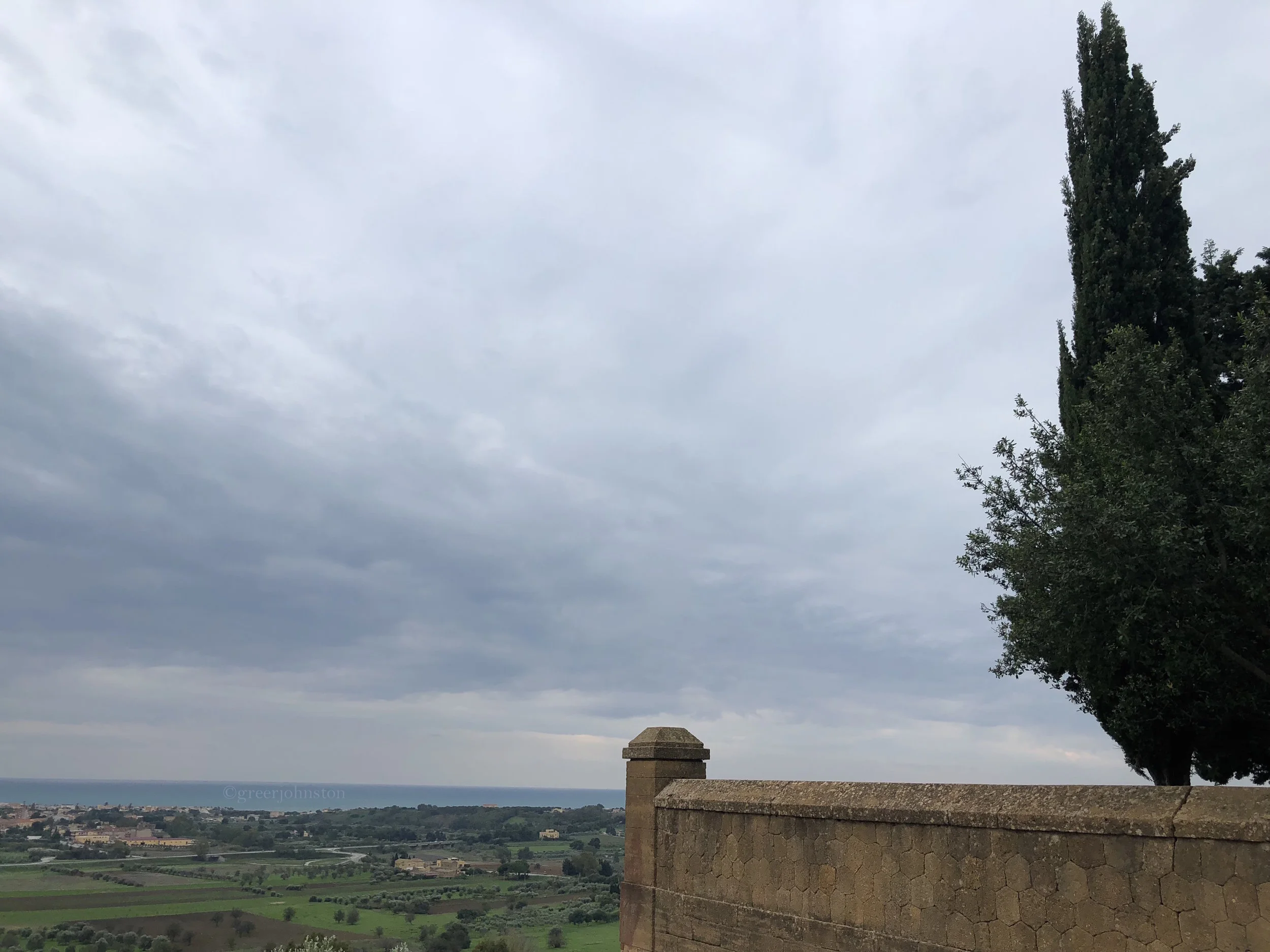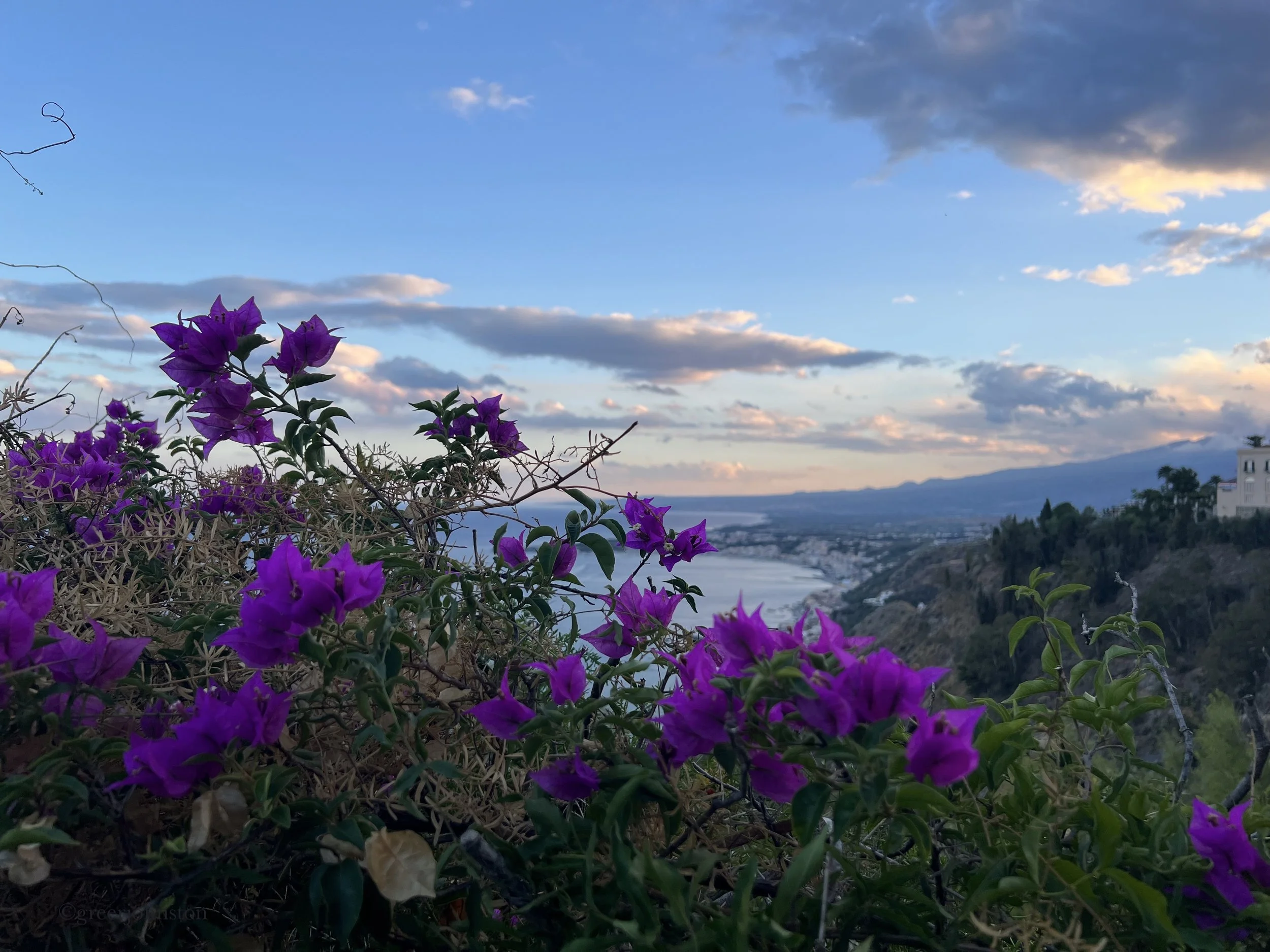Sant'Agata di Militello
Last summer, I felt so lucky to travel to Sant’Agata di Militello, the beautiful, small seaside town that my great-great-grandparents had emigrated from.
Granita di gelsi
Located in the province of Messina on the northeast coast of Sicily, Sant’Agata di Militello is known for its granita, a type of frozen sweet which is perfectly acceptable both as an afternoon treat but more importantly as breakfast, served with a brioche. I went every morning to Pasticceria Campidoglio, which presented its various flavors of granita served beautifully in a glass with panna, or cream. The most traditional flavor of the region is almond, or mandorla. In just a few days I managed to try quite a few flavors; some of my favorites were pistacchio, pistachio, and gelsi, or mulberries, but I hope I will be able to return one day to try them all!
As I was on the train from Messina, I quickly began to realize I was in a special place. From the train, traveling along the coast, I saw some of the most beautiful scenery of my life. It reminded me of another train ride, that from Palermo to Mazara del Vallo, the city on the other side of Sicily where another branch of my family emigrated from. For miles and miles there were pristine beaches and wild, natural beauty. At some stops along the way there would be an umbrella or two, sometimes a little more crowded with beachgoers, and at other places, no one.
It felt as though I had the beach all to myself
Il cimitero
I came to Sant’Agata di Militello on a mission, to see if I could find any trace of my relatives. I must say I came with high hopes, setting straight off to the Ufficio Anagrafe, the registry office. However, where I really began to learn about this town was the cemetery. Walking for twenty minutes in Palermo takes me from one neighborhood to another, but walking for twenty minutes in Sant’Agata di Militello led me out of town. As I made my way there, I reflected upon the fact that in a way, the cemetery is a place that is of the past and the present, and the future.
The quiet streets
I went into the office, where a kind women listened to my request. At first hesitant, she then took a large, fragile book off the shelves. It was the very first registry of the cemetery, from over one hundred years ago. For more than an hour we sat there; she ran her finger up and down the pages scanning for a familiar name. Every so often she would stop, but we never made a solid connection. She told me that my family had probably left town, all of them. I sat there, thinking of all the families who had lived here, and left, and those who remained. I wondered how many, like me, have come back.
I thanked her for her time, her generosity. I wandered around the cemetery for a while, hoping I could stumble across something, someone. But rain clouds were coming, and I, being alone and far out, had to head back to town.
Look closely along the horizon to spot the Isole Eolie
For two nights I sat on the beach, the waves rolling over and through the small, smooth stones that cover the shore. I watched the sun set through summer storms and the Isole Eolie, the Aeolian Islands, standing there in the distance, dotted like a game of leap frog that you could just hop! from one to another. I felt as though I was in heaven. And I thought of my great-great-grandparents, who must have sat on this same beach. Who must have seen these same sunsets. I wondered what was here, back then. And I wondered what ultimately took them away.
Hibiscus, my favorite flower

